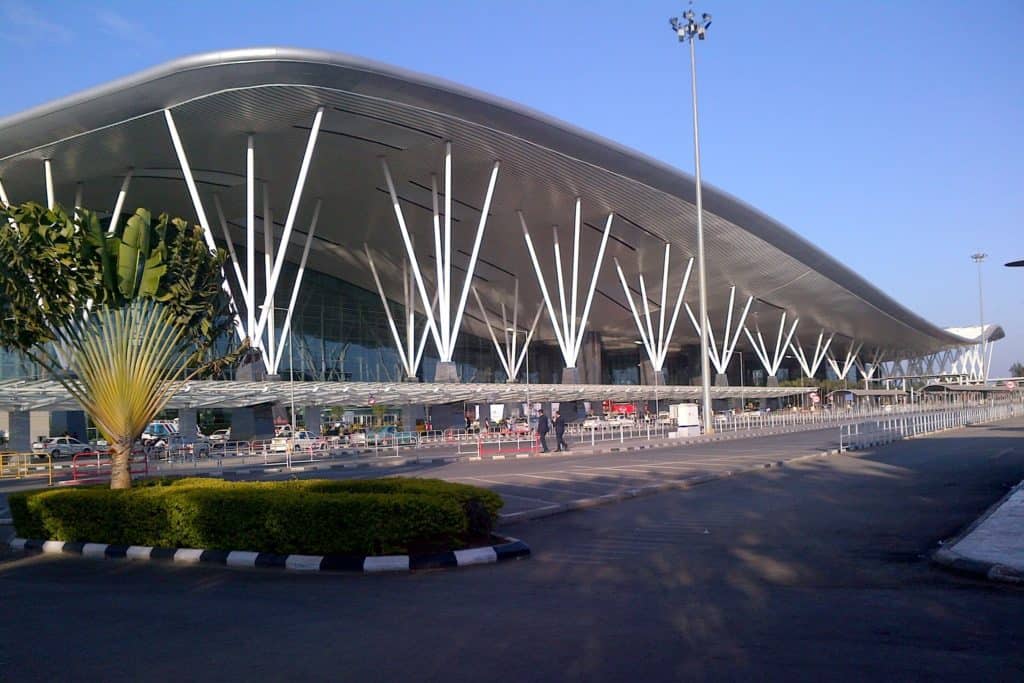BBMP presents Rs 10,480 cr budget
The BBMP (Bruhat Bengaluru Mahanagara Palike) released its budget copies to reporters late on Thursday night without prior notice, probably to avoid taking questions and clearing doubts. BBMP has projected for 2022-23 a total revenue collection of Rs 10,484 crore from various sources, including property tax, state and central government grants. It hopes to collect Rs 3,680 cr from property tax and cesses.
The expenditure is estimated to be Rs 10,480 crore, higher than the budget of the last financial year.
The budget document accounted for a positive opening balance of Rs 5.58 crore.
Source: Deccan Herald, The Hindu
JICA loan for Cauvery Phase III
JICA (Japan International Cooperation Agency) will give a loan of Rs 2,391 cr for the Cauvery Phase III project, to supply water to the 110 villages added to BBMP limits. The project will also involve providing sewage services and building water and sewage treatment plants.
JICA’s chief representative Saito Mitsunori said the project will also give an opportunity for the BWSSB to review and develop a new business plan to ensure sustainability.
Source: Deccan Herald
Read More: How long before BWSSB’s Cauvery Stage V reaches Bengaluru?
In-situ waste processing mandated for bulk waste generators
A BBMP circular has mandated bulk waste generators to ensure in-situ processing of biodegradable waste through composting, biomethanisation or other methods approved by the government. A gazette notification on this is expected soon. Of nearly 5,000 tonnes of waste produced in the city daily, bulk waste generators account for more than 1,500 tonnes. They are mandated to do in-situ composting as per Solid Waste Management bylaws.
BBMP is also planning to mandate buildings with maximum area of more than 5 sq km or estimated waste generation of over 100 kg to reserve space exclusively for solid waste management.
Source: The Hindu, Deccan Herald
International airport has reinstated over 90% routes
The KIA (Kempegowda International Airport) has been witnessing 25 daily international departures, over the earlier 10. The airport has reinstated more than 90% routes of the pre-COVID times, said the airport operator BIAL (Bangalore International Airport Limited). The route network is expected to improve further.
Currently, KIA is connected to 21 international destinations in 17 countries. Newer routes this year will be added to Seattle (American Airlines), while the existing route to San Francisco will be strengthened, with United Airlines set to launch weekly flights in October.

To address the increase in passenger traffic, BIAL has deployed automation-enabled technology at various checkpoints such as terminal entry, check-in, security check, immigration and customs.
KIA has also seen a surge in domestic travel, especially during the first three weeks of March. The domestic Air Traffic Movement recovery has been close to 90% of the pre-COVID levels, and is expected to grow further.
Source: Indian Express, Deccan Herald, The Hindu
Metro rail introduces daily, three-day passes
The BMRCL (Bangalore Metro Rail Corporation Ltd) has introduced day-long (Rs 200) and three-day (Rs 400) passes for unlimited travel in Namma Metro. Both include a security deposit of Rs 50, which will be returned to the passenger along with the smart card at any of the customer centres at Metro stations.
BMRCL would also refund unclaimed online smart card recharges and unclaimed online top-ups from April 2. These measures are expected to attract more commuters.
Source: Indian Express
Read More: Metro Phase-II victims, intimidated by surveyors, write to BMRCL
Need 18 months to shift transformers from footpaths: Bescom
Karnataka High Court directed the managing director of Bescom (Bangalore Electricity Supply Company) to appear in court and explain why transformers were not being shifted from footpaths. The counsel for Bescom said that shifting had begun, but it would take 18 months to shift all the identified transformers.
Last December, Bescom had told the Court that a coordination committee had identified 5,245 transformers on footpaths.
Source: Deccan Herald, The Hindu
[Compiled by Revathi Siva Kumar]